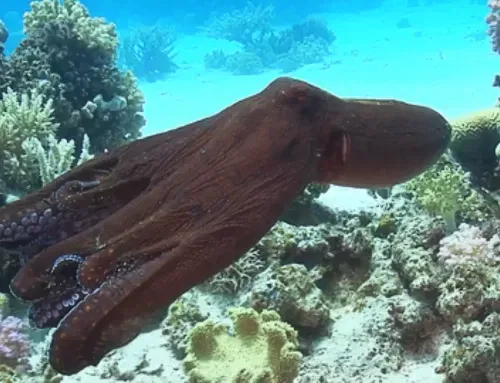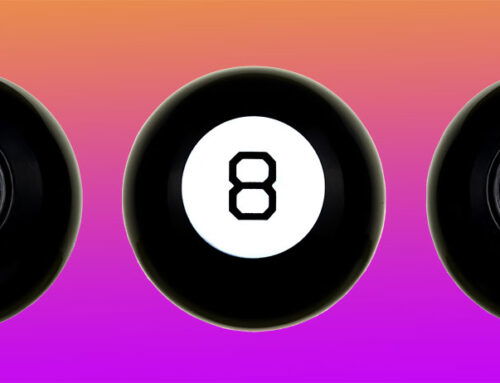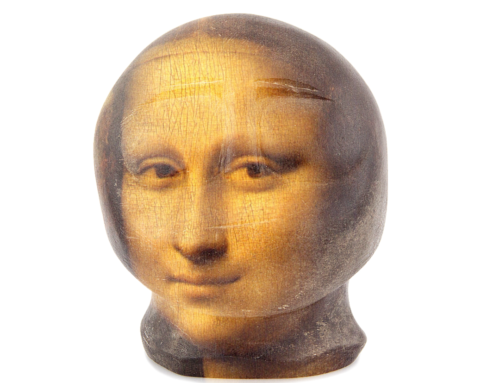On April 22, Earth Day, I joined thousands of frustrated people marching for science from the Washington Monument to the Capitol. This was my second protest march this year, the first being for Women’s March the day after Trump’s inauguration. The rain didn’t keep anyone away. To my eye there were thousands marching, holding clever signs pleading for the Trump administration to wise up and recognize science. Many were singing. All were bonding for the world’s benefit and future.
My wife Lona knit two brain hats – gray for me and pink for her. With them she hoped to symbolize that scientists are smart, and their educated opinions need to be taken seriously.
The irony, of course, is that scientists are no smarter than anyone else; they’re only professionals in their fields. It’s not fake news when they warn of imminent disaster to the planet if we don’t cut down on fossil fuels and other polluting energy sources. Climate change is not a hoax! We have no planet B, as one of the signs said at the march.
Why is it necessary, then, for thousands of protesters on six continents to plead for support for science? Isn’t it obvious that science is critically important?
But I’m preaching to the choir here: I can’t imagine that anyone who thinks differently would read this blog, and if they did, would change their rigid mind. That our present government officials need to be told that science is critically important is breathtakingly depressing and mind-boggling. The necessity and benefits of science rest on so much history and so many facts that nothing new will be revealed in still another blog giving the same spiel.
So, the importance of science, which I already knew, was not foremost in my mind as I marched. I recalled my recent talk at the Humanists of Sarasota Bay in honor of Charles Darwin. I doubt that Darwin, who wrote his revolutionary books on evolution over 150 years ago, would have been surprised to see us march for science. He would have smiled sadly and said, “Of course. What do you think?”
The Monkey Trial in Tennessee in 1925 came long after Darwin. When John Scopes was accused of violating Tennessee’s Butler Act making it unlawful to teach human evolution, but that was overturned on a technicality. All that is past history, but as the march indicated, it’s also current history in spirit and contemporary ignorance, or whatever you want to call it.
Not long ago, I heard a Congressman say on TV with arrogance and certainty, “I didn’t come from a monkey!” (I pondered briefly whether monkeys came from his ancestors, but erased that thought in respect to monkeys.) In 2008 a schoolteacher from a southern state told me that considerably less than half his students believed in evolution.
Need I say more to justify our march?
Okay, I thought, as I continued marching in my brain hat under my umbrella with the heavens crying tears. Is it only religion or wishful thinking that humans are divine creatures that deny evolution despite all the evidence to the contrary? Might there be more to the story?
And then I had the following idea, consistent with what I always believed as a research scientist. Science is not a barrel of facts; it’s the story we make by connecting our observations the best we can to make a consistent interpretation. Additional observations and information make new connections that modify the story. Science is creative in the sense that we construct constantly changing narratives, based on repeatable observations and experiments; we don’t just mindlessly list facts. Our science narratives are not beliefs or desires; they are creative acts. Accepting science is a work in progress, not a binary choice, yes or no.
Do we need to wait 150 years to prove that climate change is real or that curing cancer, glaucoma, ALS or many other illnesses needs attention and money? I hope not, or we’re in real trouble.
Science requires the courage and imagination to speculate and test ideas. It’s the opposite of denial: science attempts to discover truth in what seems unlikely at first blush, not to dispense with evidence broadcasting truth. I set my novel, Jellyfish Have Eyes, a story of a scientist who’s put on trial for his belief that science is creative, in a near-future society. In other words, I saw the signs and worried this was coming; I had no idea it would be so soon.
Let’s not allow an imagined dystopian future become true.






Leave A Comment